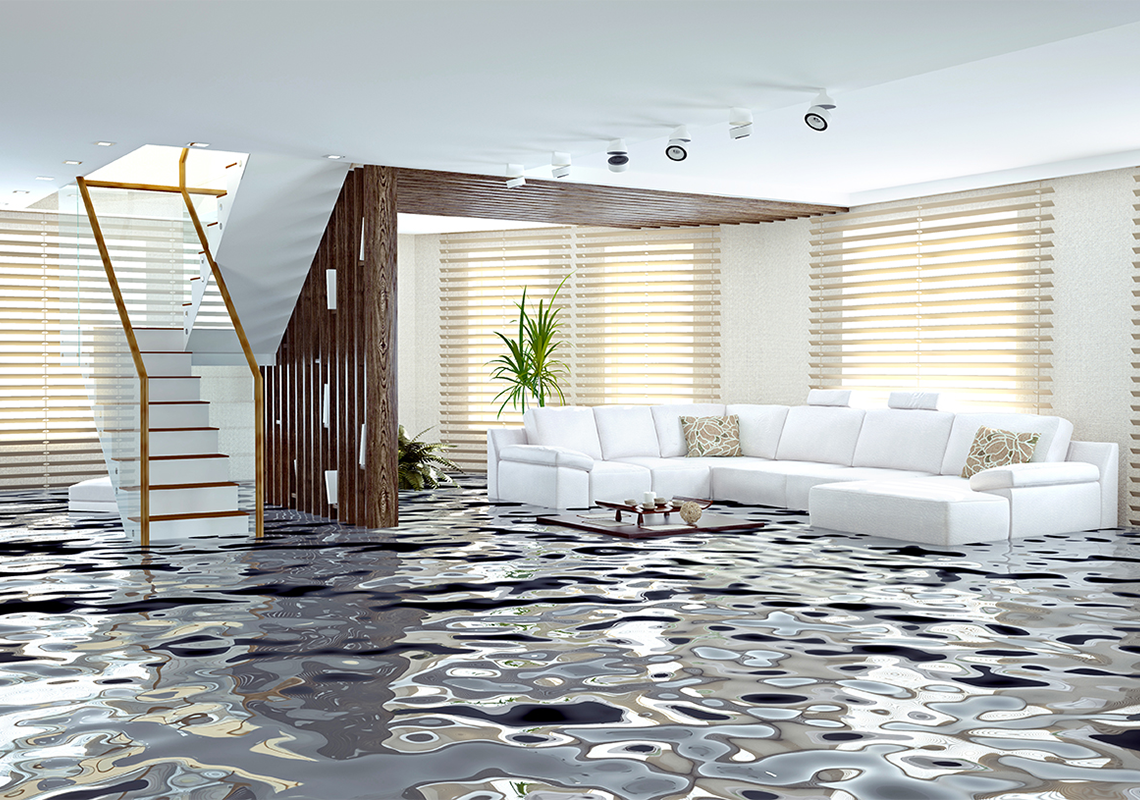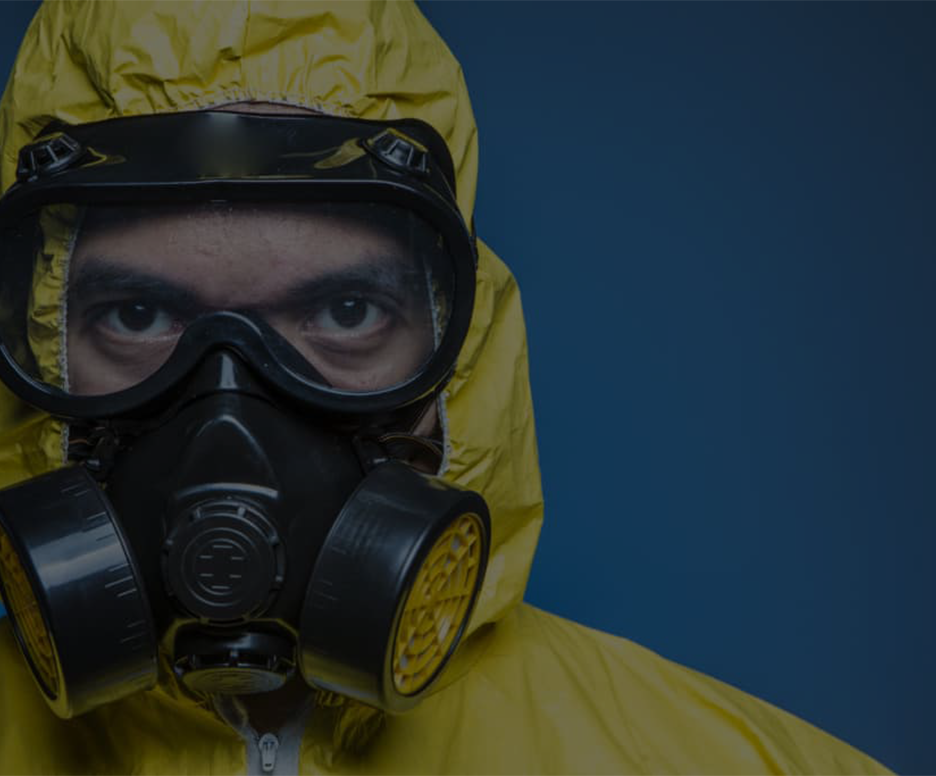
Do you know what to do when your house floods? There are very few things as stressful as watching your possessions floating around your home in murky and potentially contaminated floodwaters.
Whether you’ve experienced property damage from heavy rain, a burst pipe, or even a damaged sump pump, the outcome is the same: utter devastation.
If you find yourself in such a situation, you’ll want to remember the following must-know water damage tips below.
Water Damage Tip #1: Stay Safe
As you watch your prized possessions bob across your living room floor, safety is often not your first priority. But it should be. Failure to put the health and safety of your family first can result in more than property loss. It could even result in the loss of life, too.
Depending on the severity of the flooding or water damage, you may not be able to return home for some time. Be proactive and turn off the power if it’s safe to do so.
What’s more, refrain from entering floodwaters without the use of protective clothing and accessories like rubber boots and gloves.
Always be aware that contamination is a genuine reality of floodwaters. One of the most critical water damage tips to remember is that chemicals, sewage, and all manner of debris can be present and pose a health risk.
Water Damage Tip #2: Find The Source
Identifying the source of water can significantly reduce further damage to your property. A burst pipe, for example, will see the need for an emergency plumber and a turned-off water supply.
A broken sump-pump would also require immediate replacement to handle ongoing rainfall.
If storm drains are overflowing, leading to flooding on your property, then be proactive with calling your city’s service providers to remove debris and blockages.
Be prepared, especially during extreme weather events, to bail out water with buckets and bins, or even pumps. A wet vacuum can also be useful for removing moisture from flooring and carpeting.
Water Damage Tip #3: Dry Out Your Home
A significant part of the clean-up process after your house floods is drying. How you do this can depend on the cause of the flood, not to mention the tools and appliances at your disposal.
Even though you may have removed all the standing water with buckets, pumps, and wet vacuums, you’re still left with the problem of damp carpeting, flooring, and possessions.
If your property has power, you can make use of your home’s portable fans and air conditioning units.
Close all windows and doors and allow these appliances to work their magic.
In closed-off rooms, such as basements and crawl spaces, a dehumidifier may prove useful for removing moisture from the air.
However, it’s not a primary drying appliance, rather a supplementary one. If you lack drying equipment, you can give us a call, we are equipped with expert gear to take care of the process quickly.
Water Damage Tip #4: Review Your Insurance Policy
If you have homeowners’ insurance, then read through the fine print to determine what coverage you have. Many of the best insurance providers offer protection for:
– Burst pipes
– Broken sump pumps
– Storms
– Heavy rain
– Backed-up city storm drains and sewers
Once you know what your entitlements are, you can proceed with a claim or a quote.
The sooner you get started the quicker you can get the ball rolling and fix the damage and repairs. The longer you wait, the more expensive the job gets.
Water Damage Tip #5: Start The Clean Up
After a flooding event, it’s crucial to get back to normal as soon as possible. Starting the clean-up process, after notifying your insurance company, can help with that.
Depending on the severity of the damage, you may like to hire a roll-off dumpster for larger items you need to throw away.
Arm yourself with a mask, gloves, and plenty of rubbish bags to get the clean-up process underway.
Separate your possessions by what you can salvage and what’s beyond repair or rejuvenation. Flooring, insulation, and drywall may also need to be removed.
Mold can develop in a short space of time after water damage, so keep this in mind when deciding what to throw away and what to keep.
Fortunately, some professional companies can help with mold removal on any valuable possessions you can’t bear to part with.
Water Damage Tip #6: Get Ready For Repairs
Once your home is dry and all the damaged materials and possessions removed, you can then start looking toward the future.
That involves getting ready for repairs.Talk to your insurance company about repairs they cover, and you can begin to hire contractors to make them.
Flooring, walls, and windows are some of the most common parts of a home that need attention after a flood. You may also require an electrician to test the safety of power points and to ascertain whether your electronics are safe for use.
What Happens If You Don’t Act Fast After A Flood?
Water damage can be costly to repair even when you act quickly. Still, you would be surprised at how the costs can mount up if you fail to act in a timely fashion.
Mold can grow in as little as 24 hours, which can create an unsafe home environment for your family. Asthma, severe allergies, and other illnesses can all become a reality when living in a damp and moldy home.
Know what to do in a flood from the very beginning. You can then put yourself in the best position to take care of water damage as soon as it happens.
Where To Find A Water Damage Restoration Company?
If you’re looking for more water damage tips or emergency help you can always contact 911 Water Damage Experts at 1-833-WE-DRY-IT every time, any time 24/7. We have locations across the USA and Canada.

